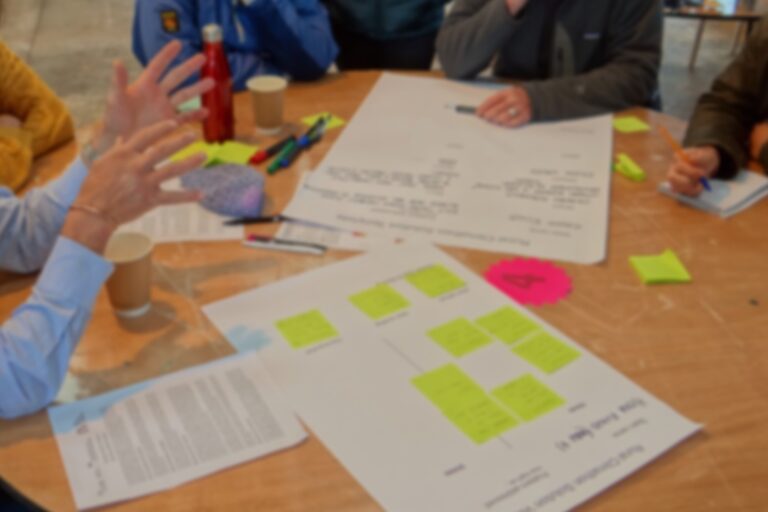
Rural Housing Enabler Programme Evaluation
This evaluation of the Rural Housing Enabler Programme will incorporate both quantitative and qualitative data to provide a holistic view of the outcomes, value for money, and process.
The CCRI is currently working on the following projects funded by the EU research programmes, UK Government and others.

This evaluation of the Rural Housing Enabler Programme will incorporate both quantitative and qualitative data to provide a holistic view of the outcomes, value for money, and process.

This project is an extension of previous Fisher Social Survey work undertaken by the team, leveraging the insights and methodologies established in the previous stages. The focus of this phase is to conduct two pilot survey rounds to gather data on the fishing industry and its stakeholders.

The CCRI is a member of a groundbreaking consortium awarded a £6.5 million grant by the Government to look at how changes to land use will help achieve net zero in the UK by 2050.

CCRI researchers Demelza Jones and Alice Goodenough have launched a new project in conjunction with fellow University researcher Clare Harris.

This research proposes to test the practical development of a payment by results (PBR) scheme on common land, to better understand the barriers and opportunities to improve delivery including the necessary governance.

The CCRI are currently involved in an on-going series of themed research projects under the DEFRA Research and Experimental Development (R&D) Framework.

This Defra funded project aims to evaluate the Farming in Protected Landscape programme (FiPL) in England’s 34 AONBs and 10 National Parks, in order to feed into programme design and implementation throughout the funded period (2021 – 2024) and inform future policy and practice.

During this project, we will give thought to a full range of management approaches when considering how a citizen science monitoring framework could contribute to Integrated Catchment Management.

This project, a study for the Country, Land and Business Association, examines the social contribution of CLA members to enable aggregate estimates of social value generation across the CLA membership to be made.